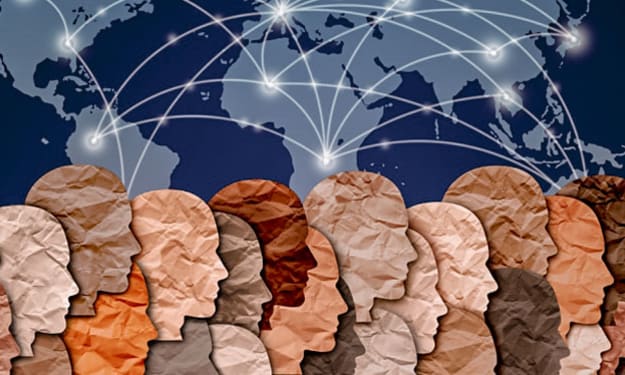The Brain's Transformation Through Childbirth
Parenting and Your Brain: What Happens Inside?

The journey of motherhood is a profound and transformative experience that extends far beyond the physical changes a woman's body undergoes during pregnancy and childbirth. While the visible transformations in a mother's body are awe-inspiring, some of the most remarkable changes occur within her brain. The journey of motherhood begins with a powerful surge of love and devotion, driven by core regions of the brain's reward network.
When a mother holds her newborn for the first time, it's often described as "love at first sight." This isn't just a metaphor; it's a neurobiological reality. The act of giving birth triggers the release of feel-good hormones such as dopamine and oxytocin into her bloodstream. These hormones create an immediate and profound emotional connection between the mother and her baby.
Research has shown that the oxytocin levels in recent mothers are comparable to those found in couples who are newly in love. This oxytocin-induced bond forms the foundation of maternal attachment, ensuring that mothers are instinctively driven to care for and protect their infants.
Interestingly, this emotional transformation isn't unique to humans. Studies conducted with rodents have revealed that they experience a more significant surge of dopamine when nurturing their offspring compared to the euphoria induced by cocaine. It's a testament to the power of maternal love across species.
Neuroimaging scans have illuminated the neurological basis of maternal love. These scans demonstrate that a human mother's brain undergoes a similar response to witnessing her infant smile. It's not just about the joy of seeing a happy baby; it's about the intricate neural processes that reinforce the mother-child bond.
However, motherhood is not always smiles and coos. The cries of a baby can evoke a range of emotions in a mother. When a baby cries, a different network in the mother's brain is activated: the emotion regulation network. This network involves areas like the prefrontal and cingulate control systems, which play a crucial role in emotional regulation.
Emotion regulation becomes particularly vital when dealing with a sleep-deprived and distressed infant. The ability to remain calm and composed in such situations is essential for effective parenting. Interestingly, despite the exhaustion that often accompanies motherhood, new mothers exhibit heightened alertness thanks to their brain's salience network. This network helps mothers detect potential threats and protect their infants, especially in potentially dangerous situations.
The transformative journey of motherhood also requires mothers to understand their newborns' needs. This understanding is driven by empathy, a complex emotion rooted in the brain's social network. Key regions involved in empathy include the insular and amygdala. Researchers have discovered that these regions become more active when mothers view images of their babies in distress compared to neutral images. This heightened empathy is a crucial tool for mothers to respond sensitively to their infants' needs.
It's important to note that the changes in the brain aren't exclusive to mothers. Fathers also experience neurological transformations when they interact with their babies. When fathers engage with their infants, their brains release oxytocin, often accompanied by a surge of another hormone, prolactin.
Prolactin, often referred to as the "milk hormone," is primarily responsible for triggering the production of breast milk. While it's typically associated with mothers, fathers can also produce it. Researchers have found that fathers who actively engage in playtime with their babies tend to have higher prolactin levels in their blood. Moreover, they are more responsive to their baby's cries, emphasizing the importance of paternal involvement in childcare.
In conclusion, the journey of childbirth and parenthood brings about profound changes, not only in one's lifestyle but also within the intricate pathways of the brain. These neurological transformations serve as a testament to the deep and enduring bond between parents and their children, a bond that transcends species and is etched into the very fabric of our biology.
The brain's response to childbirth and parenting underscores the remarkable adaptability of the human brain, equipping parents with the tools and instincts they need to nurture and protect their offspring. It is a testament to the beauty and complexity of the human experience, where love, biology, and neuroscience intertwine to shape the unique journey of parenthood.






Comments
There are no comments for this story
Be the first to respond and start the conversation.